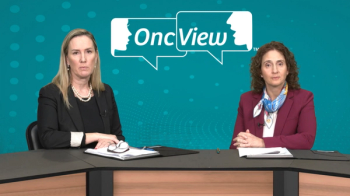
Dr Kaklamani and Dr McArthur share their experiences with CDK4/6 inhibitors and discuss how new data may change their approaches to sequencing treatments in the clinic.

Your AI-Trained Oncology Knowledge Connection!


Dr Kaklamani and Dr McArthur share their experiences with CDK4/6 inhibitors and discuss how new data may change their approaches to sequencing treatments in the clinic.

Insights concerning treatment selection beyond the first line in patients with HR+ metastatic breast cancer.
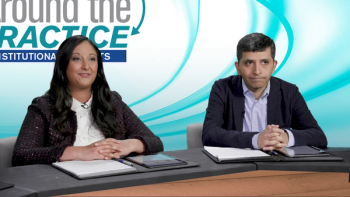
Switching focus to GPRC5-targeted bispecific antibody therapy, expert hematologist-oncologists review a patient case of relapsed/refractory MM managed with talquetamab.
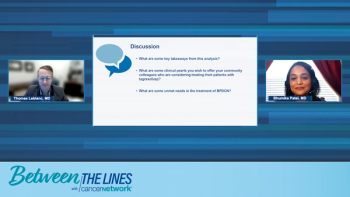
After sharing key takeaways on the management of BPDCN, expert hematologist-oncologists highlight unmet needs and forecast evolutions in care.
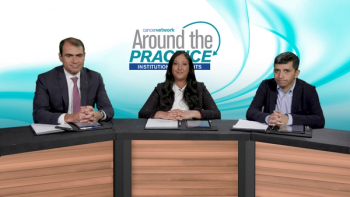
Closing out their module on BCMA-targeted therapy in relapsed/refractory MM, panelists highlight the optimal management of ICANS and infections.

Before closing out their review of adverse events associated with tagraxofusp, Thomas Leblanc, MD, and Bhumika Patel, MD, reflect on the identification and management of myelosuppression.
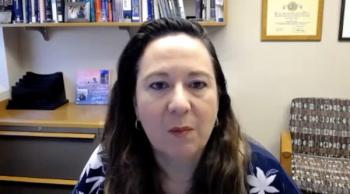
Judy C. Boughey, MD, of Mayo Clinic in Rochester, Minnesota discusses the incidence of complications and patient-reported outcomes associated with breast conservation therapy for multiple ipsilateral breast cancer.

An expert from the Mayo Clinic notes that there’s also a great amount of interest in further optimizing the dose of radiation after mastectomy, especially in patients with breast cancer immediately following reconstruction.
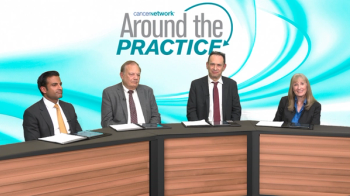
Highlights from key clinical data informing the selection of targeted therapy in particular subsets of patients with HR+ breast cancer.

Comprehensive insight to the selection of CDK4/6 inhibitors as first-line therapy for patients with metastatic HR+ breast cancer, followed by a brief review of available endocrine partners.

Hypofractionated—large doses of radiation given over a shorter period of time than standard radiation—and conventional proton radiotherapy yielded comparable normal tissue sparing and complication rates postmastectomy in patients with breast cancer, according to findings from a recent study.
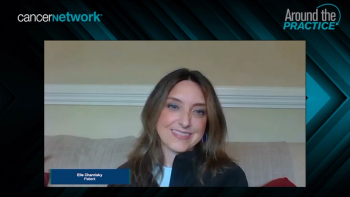
Elle Charnisky, a patient with HER2+ metastatic colorectal cancer, and Deanne Griffie, a nurse practitioner, share advice for patients and caregivers living with HER2+ mCRC.
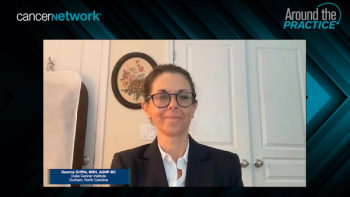
Deanna Griffie, MSN, AGNP-BC, and Tanios Bekaii-Saab, MD, explain how they manage the toxicities of tucatinib in patients with HER2+ mCRC, and how they educate patients on what to expect.
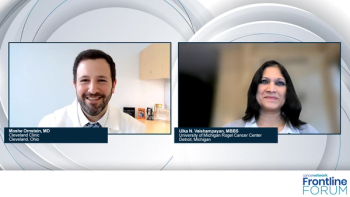
Key opinion leaders reflect on novel treatment modalities still under investigation for the management of advanced renal cell carcinoma.
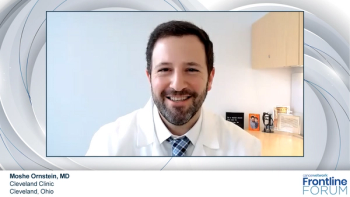
Expert hematologist-oncologists share comprehensive perspective on an array of first-line clinical trials in the setting of advanced renal cell carcinoma.

Dr Kaklamani and Dr McArthur review data concerning racial disparities within breast cancer treatment populations and speculate how these challenges might be overcome.

Two breast cancer experts delve into key data from various CDK4/6 inhibitor studies, focusing on safety, efficacy, and how these agents might be implemented in the clinic.

Judy C. Boughey, MD, of Mayo Clinic in Rochester, Minnesota indicated that breast conservation therapy, if it can be proven as a reasonable option for patients with multiple ipsilateral breast cancer, could offer patients more choice in treatment.

If feasible, hypofractionated radiation—large doses of radiation given over a shorter period of time than standard radiation—after mastectomy would provide more patients with breast cancer a tissue-sparing option, according to an expert from the Mayo Clinic.
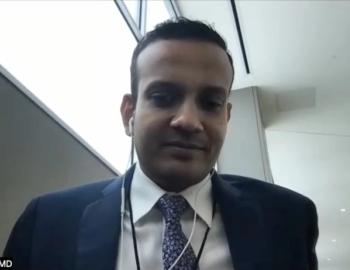
It takes a team of physicians from multidisciplinary backgrounds to best manage patients with contralateral breast cancer, according to a Mayo Clinic Expert.
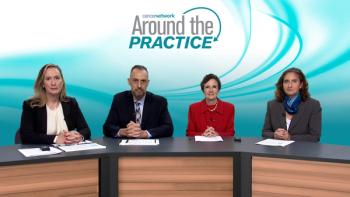
A discussion on the prevalence and treatment difficulties of leptomeningeal metastases in HER2+ mBC.

The panel discusses the systemic therapy options for patients with HER2+ mBC with brain metastases before moving to whole brain radiation therapy.

Andrew Brenner, MD, presents the case of a 62-year-old patient with stage II HER2+ mBC presenting with both pulmonary and brain metastases.

Joyce O’Shaughnessy, MD, starts a conversation on managing the adverse events of tucatinib therapy in patients with HER2+ mBC with brain metastases.
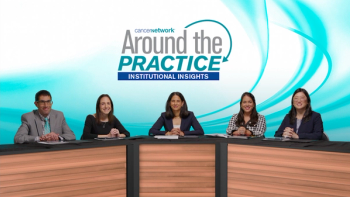
Comprehensive review of novel combination treatment strategies being explored for patients with HER2+ breast cancer and brain metastases.

Panelists reflect on sequencing therapy for HER2+ metastatic breast cancer following disease progression on the tucatinib, trastuzumab and capecitabine regimen.

A brief review of the role of tagraxofusp as bridging therapy to stem cell transplant in patients diagnosed with blastic plasmacytoid dendritic cell neoplasm.

Comprehensive discussion on the management of adverse events associated with tagraxofusp and how BPDCN care can be optimized in the setting of academic centers.
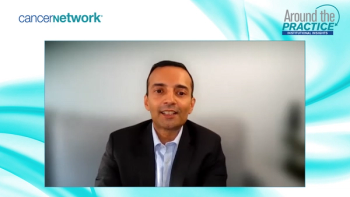
Focused discussion from a panel of key opinion leaders on the presence and management of cytokine release syndrome alongside BCMA-targeted therapy in relapsed/refractory MM.
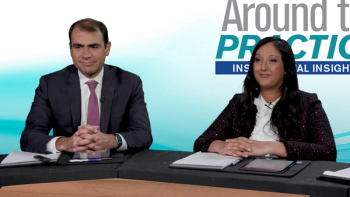
Shared insight from expert hematologist-oncologists on the real-world application of teclistamab to improve the management of multiple myeloma.